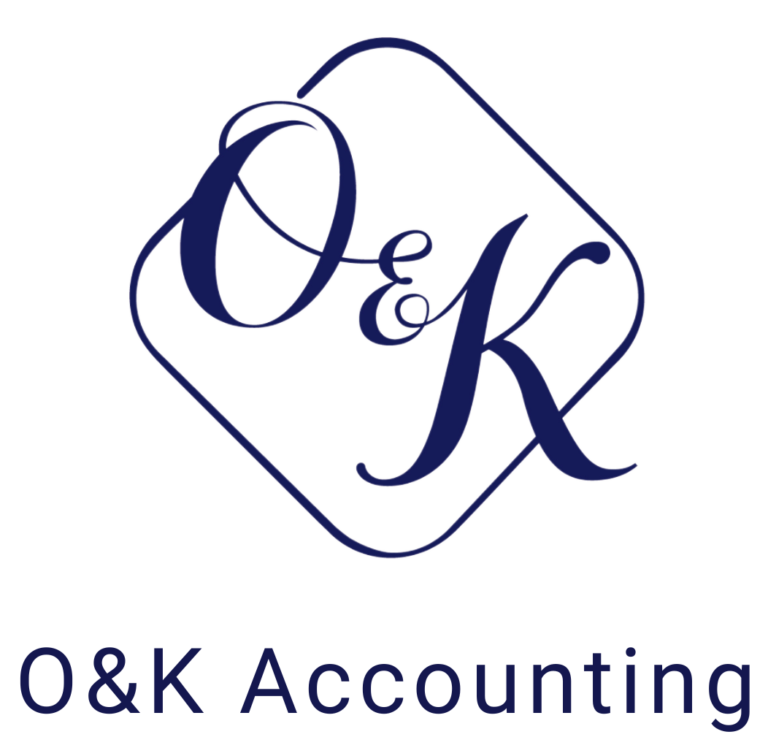Starting a business requires careful planning, and one of the most crucial steps is obtaining the right business license. A business license ensures legal compliance, protects your operations, and establishes credibility with customers and authorities. Choosing the correct license depends on various factors, including industry type, location, and business structure. This guide will help you navigate the process of selecting the appropriate business license for your industry.
Understanding the Importance of a Business License
A business license grants legal permission to operate in a specific industry or location. Without the proper licensing, businesses may face penalties, fines, or shutdowns. Obtaining the right license ensures compliance with local, state, and federal regulations, helping businesses operate smoothly and maintain a strong reputation.

Identify Your Industry Requirements
Different industries have unique licensing requirements. Some sectors require specialized permits due to regulatory oversight, safety concerns, or consumer protection laws. Here are a few examples of industries with specific licensing needs:
- Retail and E-commerce – Sales tax permits are often required.
- Healthcare and Medical Services – Professional licensing and accreditation are mandatory.
- Finance and Consulting – Industry-specific permits may be needed for compliance.
- Construction and Real Estate – Contractor and broker licenses are essential.
Understanding your industry’s regulations is the first step in choosing the right business license.
Choose the Right Business Structure
Your business structure affects the type of business license you need. Common structures include:
- Sole Proprietorship – Requires basic business registration but may need additional permits.
- Partnership – Needs licenses covering all business partners involved.
- Limited Liability Company (LLC) – Must register at the state level and obtain necessary industry licenses.
- Corporation – Requires federal and state business licenses for larger operations.
Selecting the appropriate business structure will determine licensing requirements and tax obligations.
Check Local and Federal Licensing Requirements
Business licenses vary by location. Some businesses need local city permits, while others require federal approval. To ensure compliance:
- Contact your local government office for specific licensing requirements.
- Review state-level business regulations for additional permits.
- Research federal licensing mandates, especially for industries like transportation or financial services.
Adhering to these regulations helps prevent legal issues and operational disruptions.
Apply for Your Business License
Once you’ve identified the right business license, follow these steps to complete your application:
- Gather necessary documents – Business name registration, tax ID, proof of compliance.
- Submit applications – Apply through the appropriate local, state, or federal agencies.
- Pay required fees – Licensing fees vary based on industry and jurisdiction.
- Renew as needed – Some licenses require annual renewal to maintain active status.
Processing times differ, so it’s advisable to start the application process early.
Conclusion
Choosing the right license is a fundamental step in launching a successful and compliant structure. Understanding industry-specific requirements, selecting the right business structure, and complying with local and federal regulations will ensure smooth operations. Taking the time to secure proper licensing not only protects your business legally but also builds trust with customers and stakeholders.





